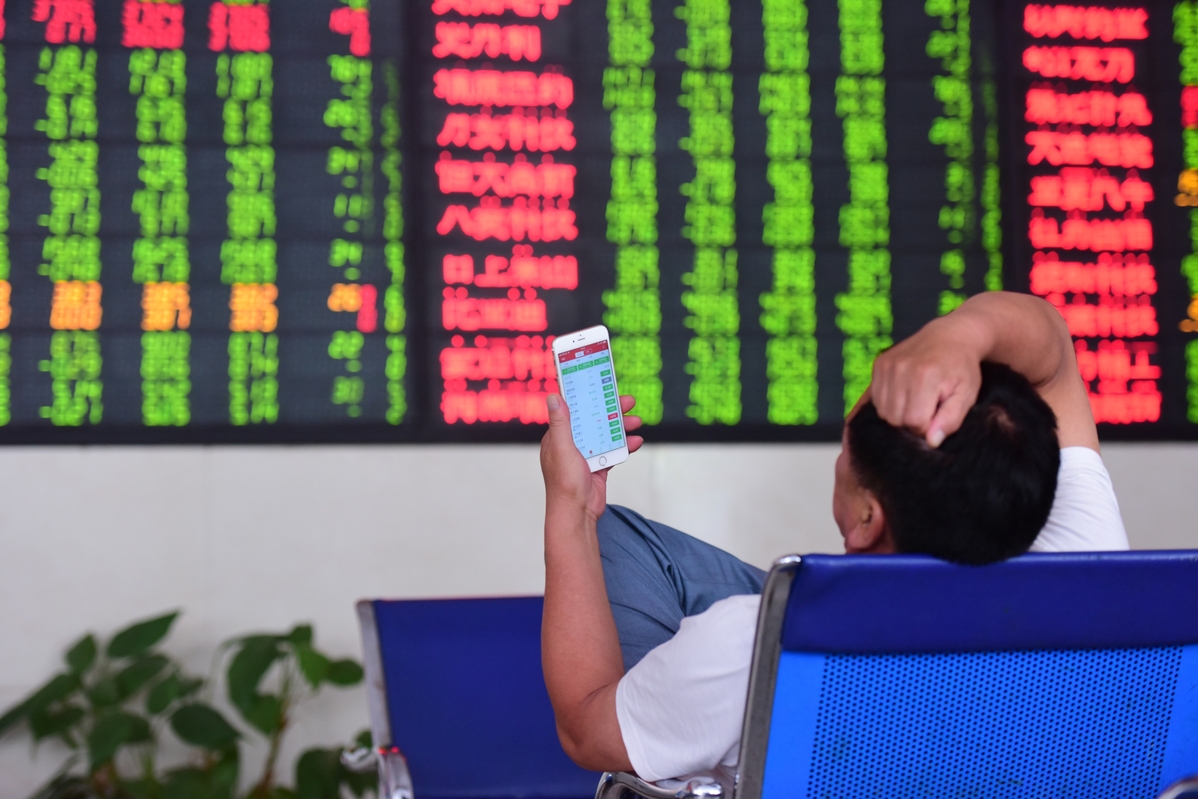China's securities market going international


According to media reports, Chinese e-commerce giant Jingdong has applied for a secondary listing in Hong Kong, following Alibaba's secondary listing in Hong Kong last year.
Around 19 Chinese stocks, such as Pinduoduo, Tencent Music, Tomorrow Advancing Life and Weibo, meet HKEX's secondary listing standards.
There has long been news about the "collective return" of Chinese concept shares. When China promoted the reform of the securities market and planned to set up a scientific innovation board a few years ago, many Chinese concept companies intended to return to China.
Most of the internet-based Chinese concept stocks received investment from abroad and needed an exit channel.
However, they could not be listed on the Chinese stock market for failing to meet the listing requirements, prompting them to turn to Nasdaq.
Now, both the HKEX and the mainland's registration system have significantly reduced barriers for the return of Chinese concept shares.
In Hong Kong, for example, there has been active discussion about the Hang Seng Index reducing its financial weighting to allow the inclusion of shares with different rights and secondary listed companies.
That means the Chinese stock market, including HKEX, has created conditions for the return of Chinese concept stocks and the listing of startups like them.
China does not lack funds. What it lacks is a regulated, transparent and open local "Nasdaq" market.
And Hong Kong is creating new rules for innovative companies and unicorns, and Shenzhen's stock market is also doing a similar job, clearing the way for the return of Chinese concept stocks.
The return of mature Chinese concept companies such as Alibaba and Jingdong will lay the foundation for the further internationalization of China's securities market.
The new industrial revolution and the digital economy will prompt China to make changes to promote mutual support and development of its financial sector and technological innovation.


































